Crypto APIs: Free Access vs Paid Options Explained
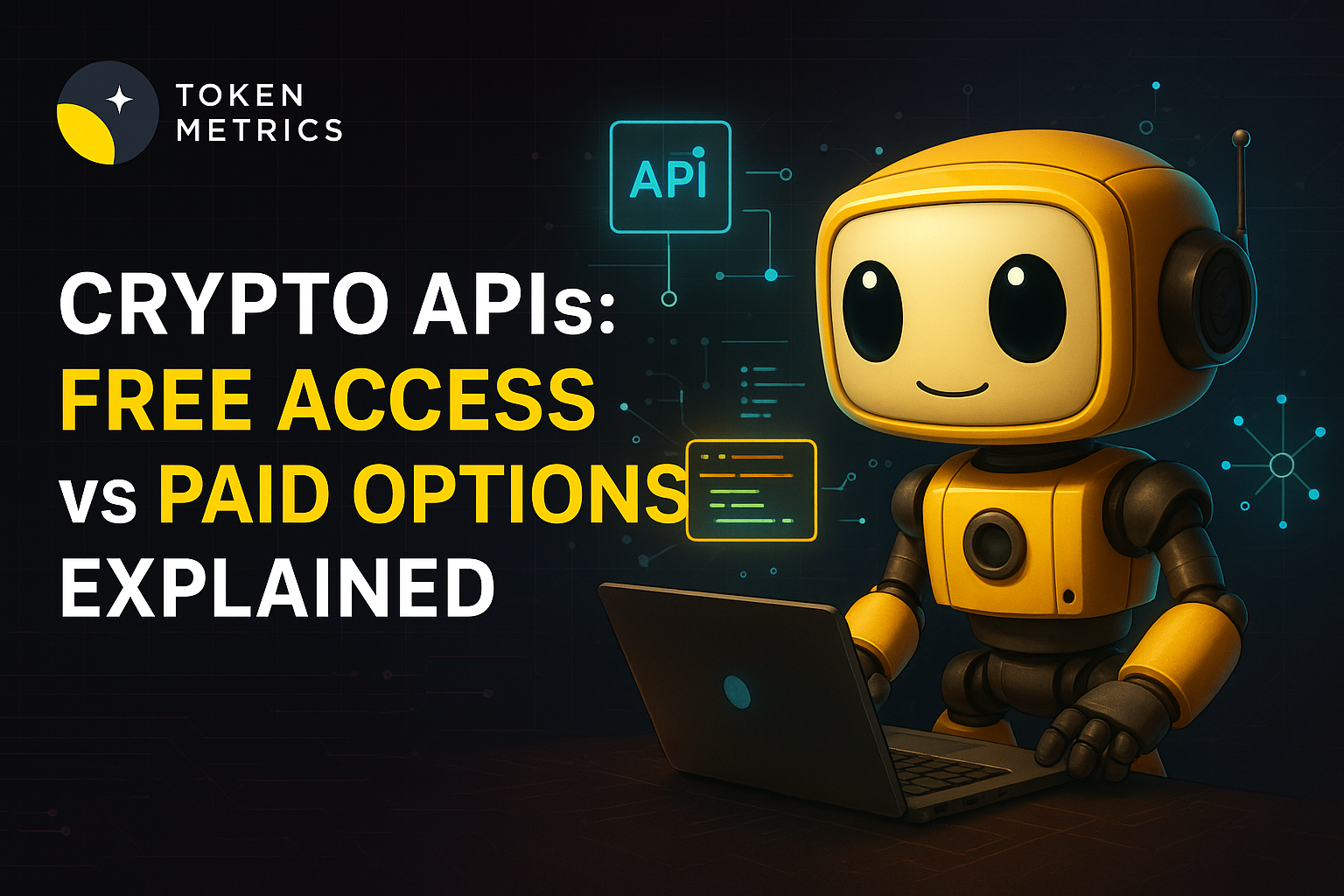
As the cryptocurrency landscape grows more complex, developers and businesses increasingly rely on crypto APIs to access data, power apps, and build innovative blockchain solutions. But a common question arises: are crypto APIs free, or will you need to pay to unlock full functionality?
What Are Crypto APIs and Why Do They Matter?
Crypto APIs (Application Programming Interfaces) act as critical gateways to blockchain data, facilitating seamless integration with cryptocurrency exchanges, wallets, smart contracts, and on-chain analytics. Whether you're building a trading bot, a portfolio dashboard, or financial analytics tools, APIs provide the technical means to fetch real-time prices, historical data, market signals, and transaction details.
For developers and enterprises, leveraging APIs saves hundreds of hours that would otherwise be spent running full blockchain nodes or parsing raw blockchain data. This access underpins everything from decentralized finance (DeFi) apps to AI-powered trading agents. Given their importance, understanding the pricing and business models behind crypto APIs is essential for making informed development decisions.
Overview of Free Crypto API Offerings
Many crypto API providers offer free tiers to enable experimentation, small-scale projects, or basic research. Free plans typically allow users to:
- Fetch current cryptocurrency prices and simple price charts.
- Access limited historical data (last 24 hours or 1–7 days).
- Make a restricted number of daily or monthly requests (e.g., 1,000–100,000).
- Use basic endpoints, such as wallet balance queries or publicly available blockchain metrics.
Popular platforms like CoinGecko, CoinMarketCap, and CryptoCompare all offer some form of a free API key. For open-source or non-commercial projects, these resources can be invaluable. However, free APIs are generally subject to tighter rate limits, API call quotas, occasional delays, and less robust customer support. For mission-critical apps or commercial ventures, these constraints may hinder scalability and reliability.
When and Why Should You Pay for a Crypto API?
Paid crypto APIs are designed to meet the needs of high-volume traders, institutions, and enterprises that require advanced capabilities, higher reliability, and comprehensive datasets. Features usually unlocked in paid plans include:
- Significantly higher or unlimited API call limits—crucial for real-time trading bots or analytics platforms.
- Access to premium data sets, such as full historical price data, order book snapshots, and on-chain analytics.
- Advanced market intelligence, trading signals, or real-time alerts.
- Dedicated support, service-level agreements (SLAs), and enhanced data integrity guarantees.
- Batch data downloads and advanced querying capabilities (for AI/ML models or large-scale backtesting).
The pricing models for these APIs vary widely—ranging from monthly subscriptions to pay-as-you-go plans, and sometimes custom enterprise contracts. Providers like Token Metrics, Messari, and Chainalysis are examples offering sophisticated data-access APIs, each with tiered plans depending on user requirements.
Factors to Consider When Selecting an API
Deciding between free and paid APIs goes beyond just budget; it requires analyzing technical and operational needs. Key considerations should include:
- Data Coverage: Does the API support all the cryptocurrencies, exchanges, and blockchains you need?
- Rate Limits: Will the request quotas of free tiers suffice for your application's users or analytics workload?
- Data Accuracy & Latency: Check if the provider offers low-latency updates and real-time feeds required for responsive/trading use-cases.
- Advanced Features: Are you seeking advanced analytics (e.g., AI-powered signals, on-chain metrics) or just basic price data?
- Reliability and Uptime: Is there a service agreement, monitoring, or 24/7 support in higher tiers?
- Legal & Compliance: Especially for enterprise cases, make sure the data provider complies with relevant regulations and offers data usage rights.
For many developers, the path starts with free APIs for exploratory work and transitions to paid plans as scalability, security, and feature demands grow. While free tiers lower the barrier to entry, production-grade platforms often require investing in robust, premium APIs—especially when building for third-party users or integrating AI systems reliant on accurate data streams.
Crypto API Pricing Structures in Practice
The crypto API market features a variety of pricing models to suit diverse needs:
- Freemium: A basic level of service is free; premium plans unlock critical extras (higher limits, priority support, additional data sets).
- Tiered Subscription: Multiple levels (Starter, Pro, Enterprise) with clearly defined features and limits.
- Pay-As-You-Go: Charges based on actual usage (e.g., per API call or per MB of data).
- Open-Source APIs: Some projects provide source code and APIs for anyone to self-host and use, though these may require significant technical overhead.
Each model impacts not just the cost but also integration choices. For example, a developer building an AI-driven trading assistant may need not only current price feeds but also deep market signals and on-chain data—necessitating advanced tier plans.
Build Smarter Crypto Apps & AI Agents with Token Metrics
Token Metrics provides real-time prices, trading signals, and on-chain insights all from one powerful API. Grab a Free API Key
FAQs for Crypto API Access
Are all crypto APIs free?
No, not all crypto APIs are free. While many providers offer limited free tiers, advanced features such as higher rate limits, in-depth analytics, and premium support typically require a paid plan or subscription.
What kind of data can I access with a free API key?
Free API keys generally provide access to basic price information, limited historical data, and publicly visible blockchain metrics within specified rate limits. Advanced or bulk data, in-depth analytics, and commercial licensing often require paid access.
When should I consider upgrading to a paid API?
Consider upgrading to a paid API when your app or project requires higher reliability, faster updates, greater request quotas, access to premium data sets (such as order books, advanced analytics, or on-chain signals), or enterprise-grade support.
How do crypto API providers typically price their services?
Crypto API providers use a mix of freemium, tiered subscription, and pay-as-you-go models. Pricing varies based on usage, features required, support level, and data depth. Most providers publish clear rate sheets or offer custom enterprise solutions for large-scale needs.
Are there open-source or self-hosted crypto API alternatives?
Yes, open-source crypto APIs and data crawlers exist, enabling developers to self-host and customize their data infrastructure. However, this typically requires significant technical resources for deployment, scaling, and data quality assurance.
Disclaimer
This article is for educational and informational purposes only. It is not intended as investment advice or an endorsement of any specific service or platform. Please conduct your own research and consult qualified professionals for business or technical guidance.
Create Your Free Token Metrics Account

.png)




%201.svg)
%201.svg)


%201.svg)



.png)

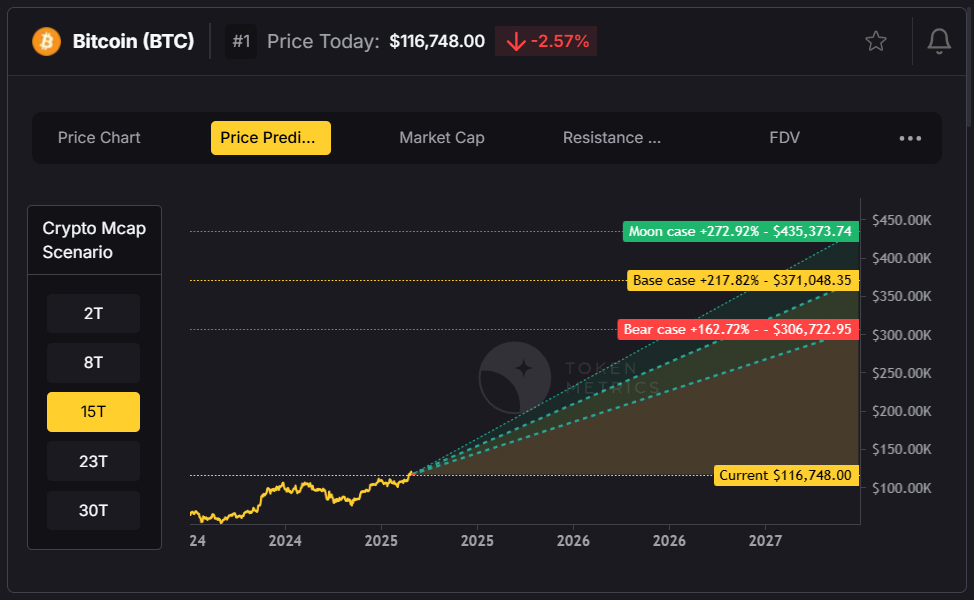


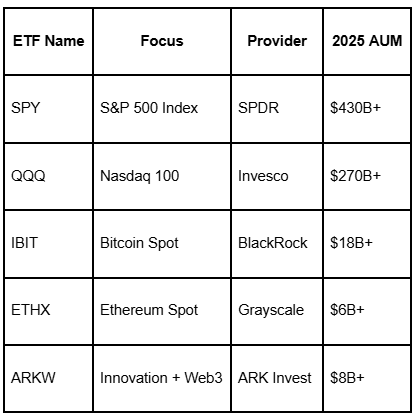
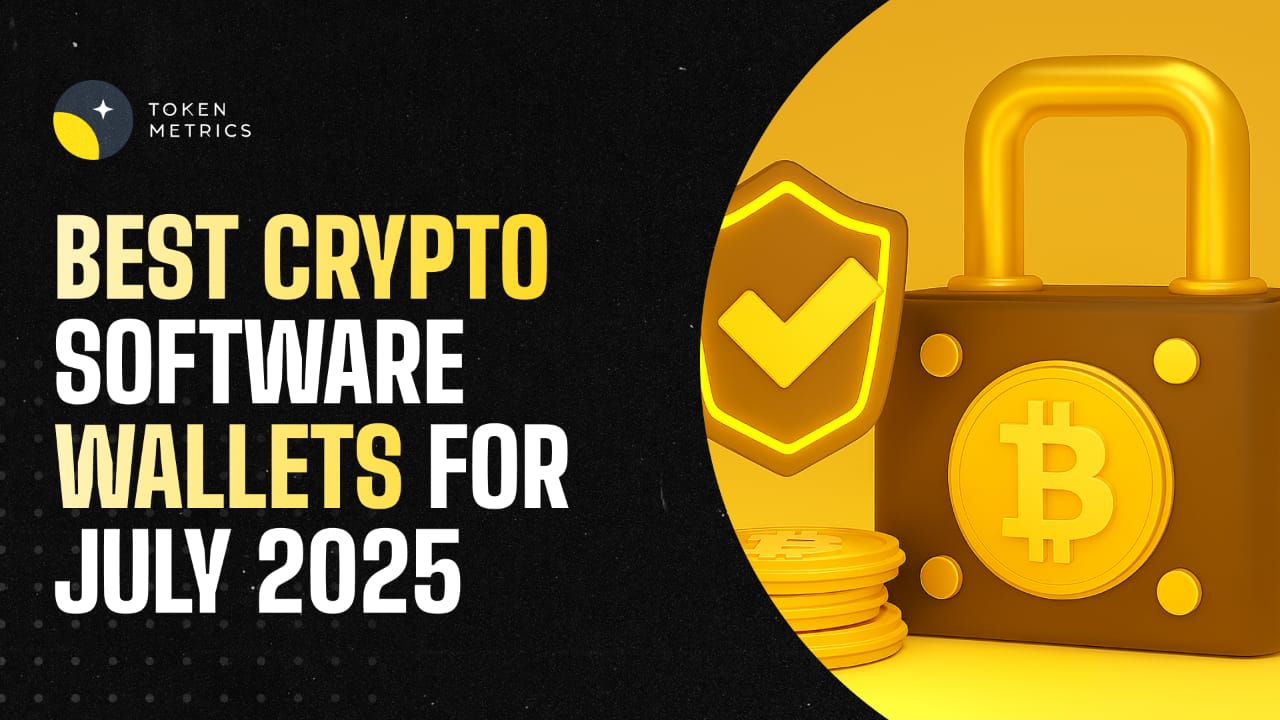



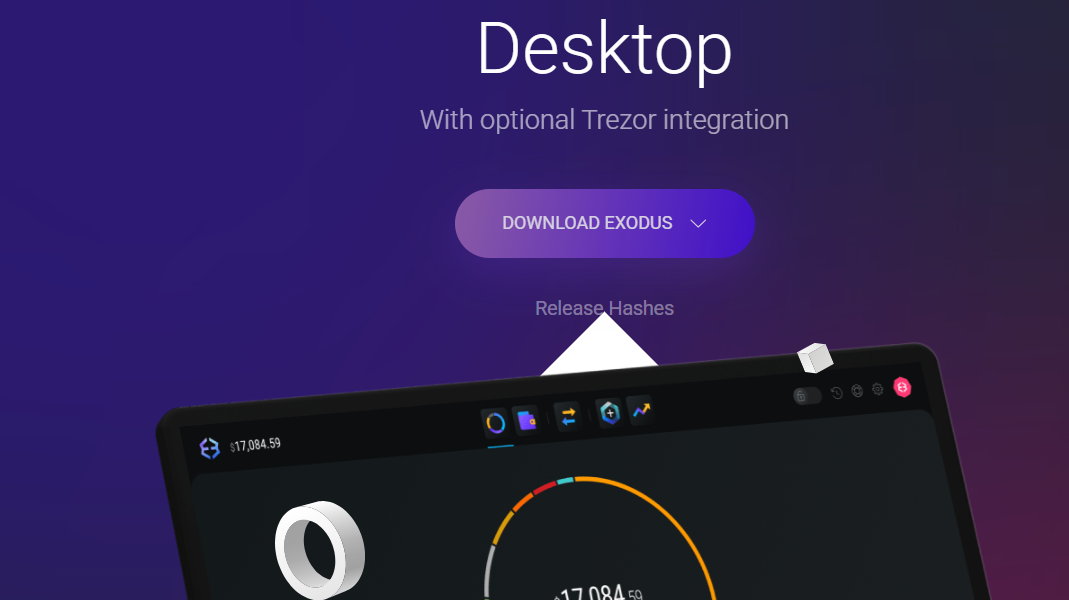
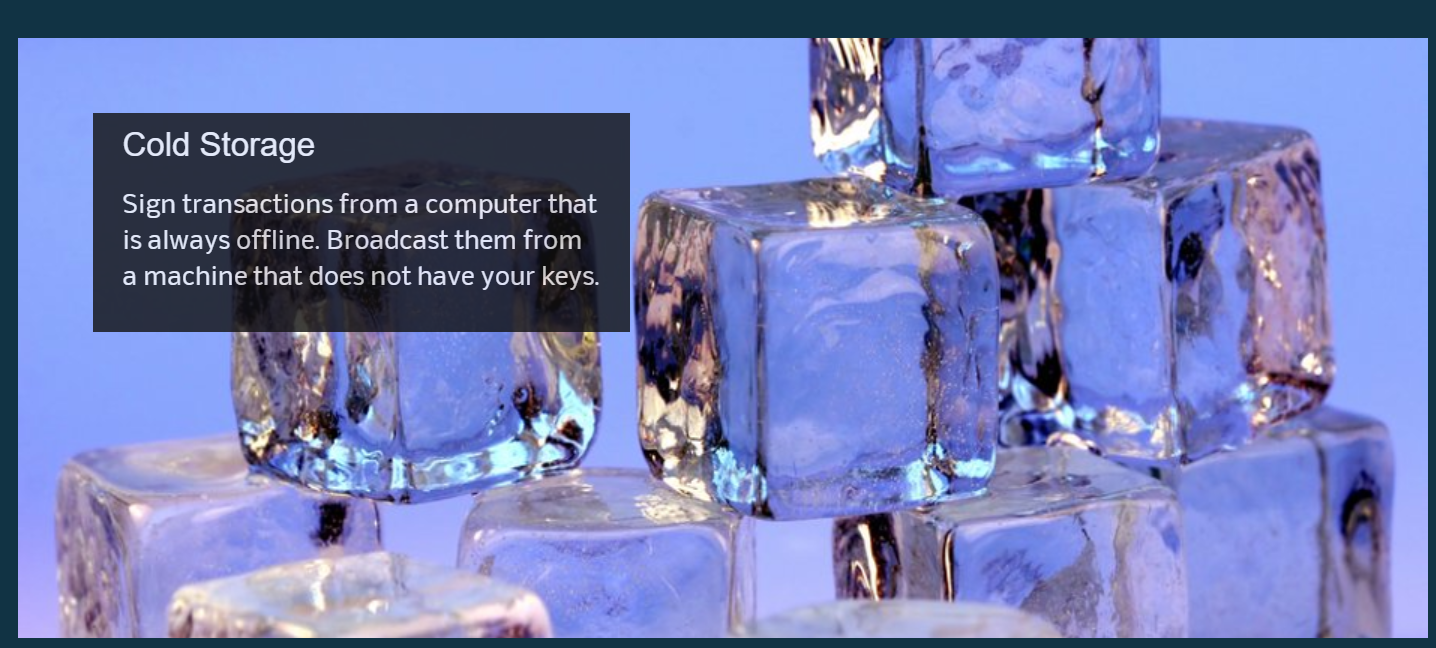


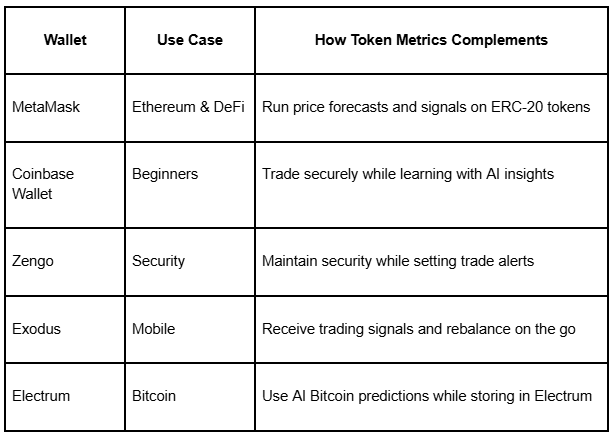
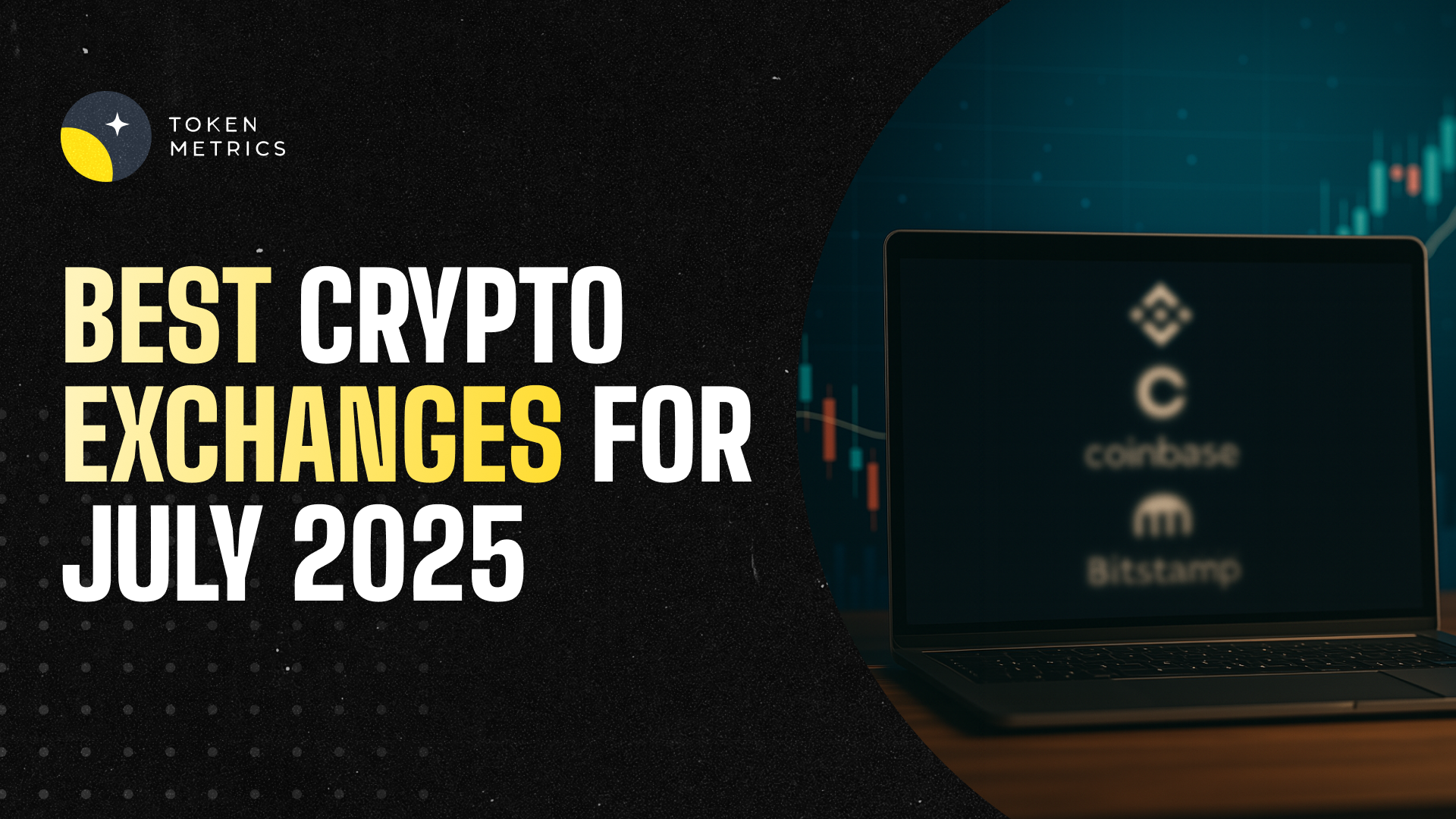
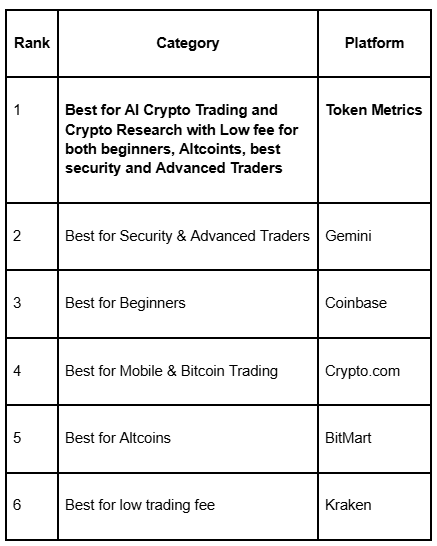



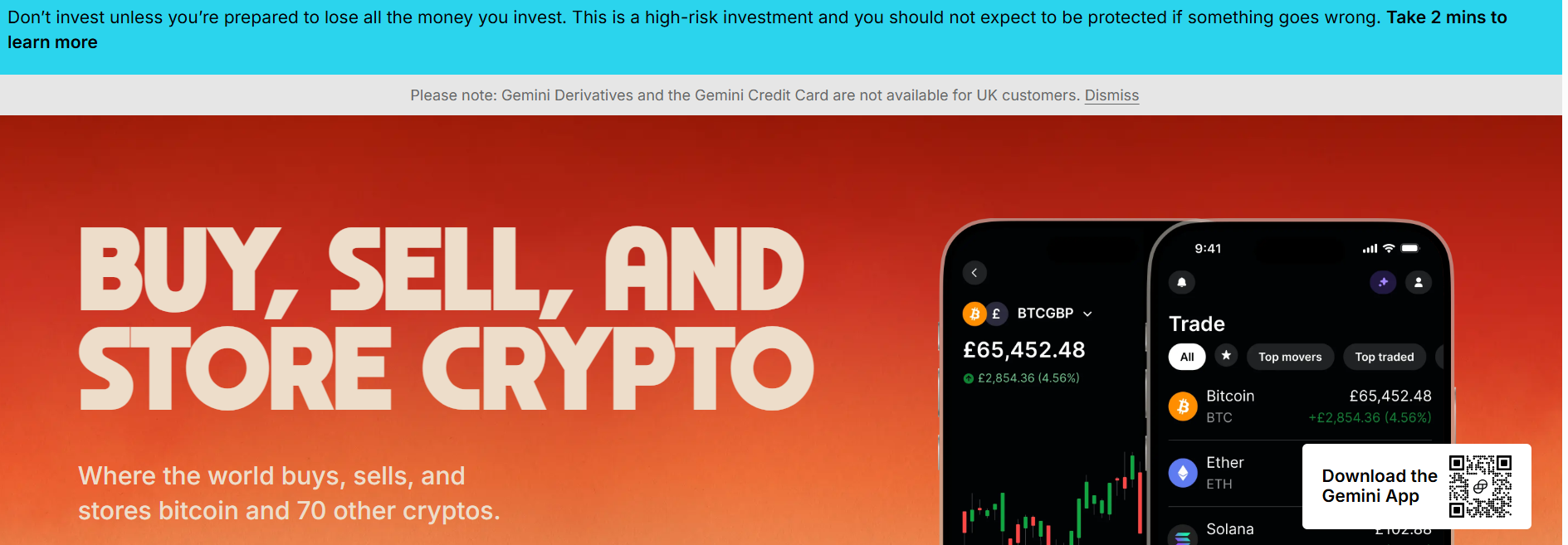
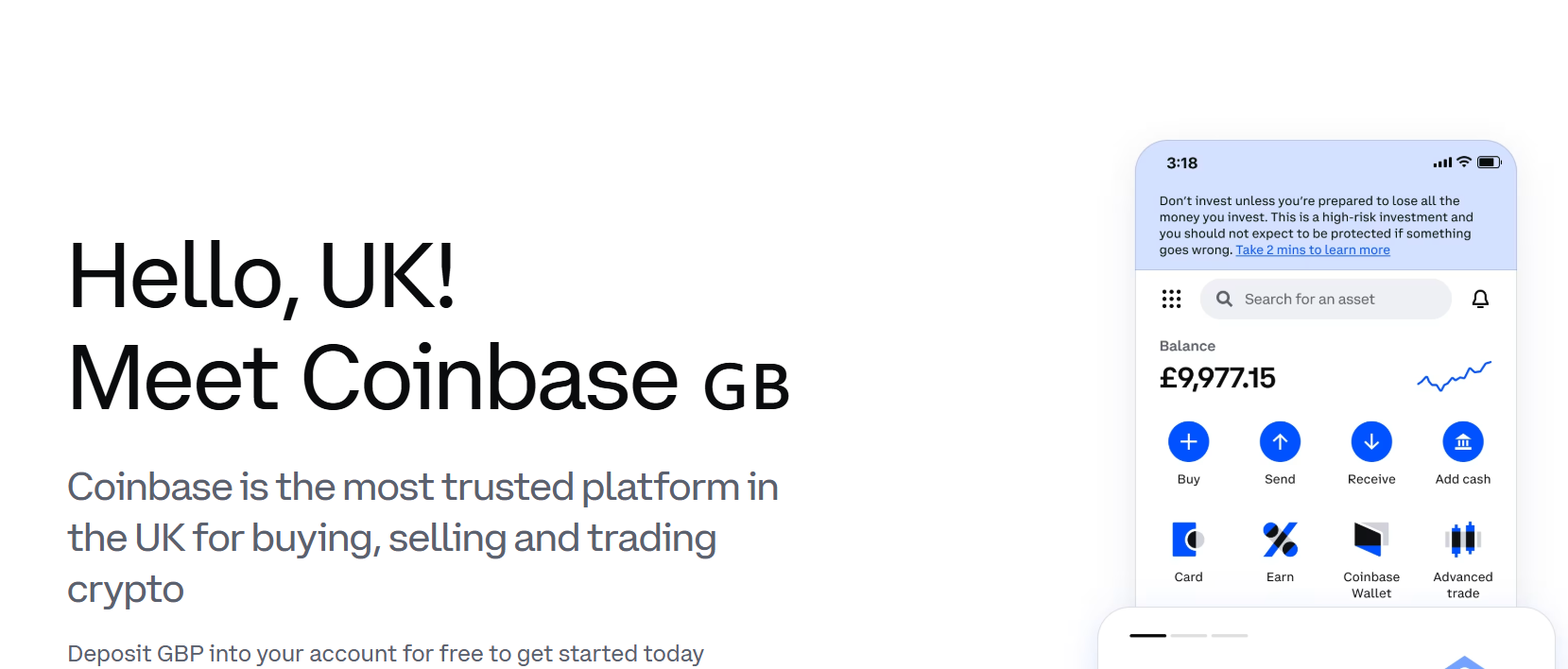
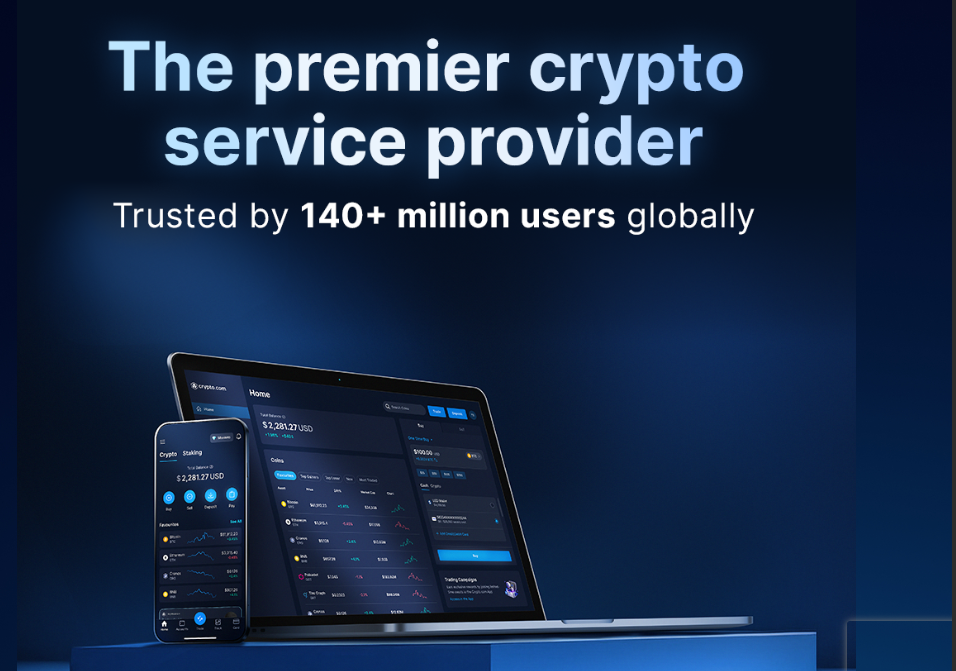
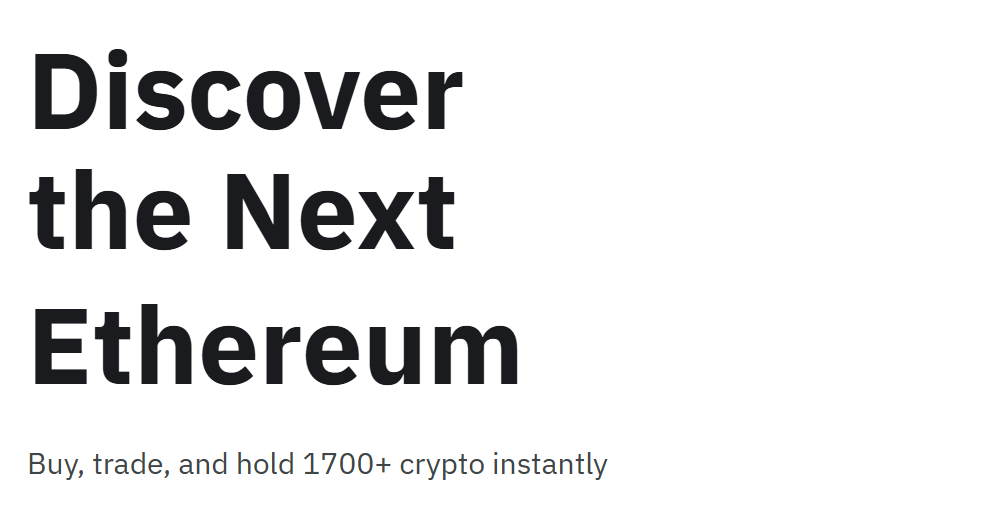
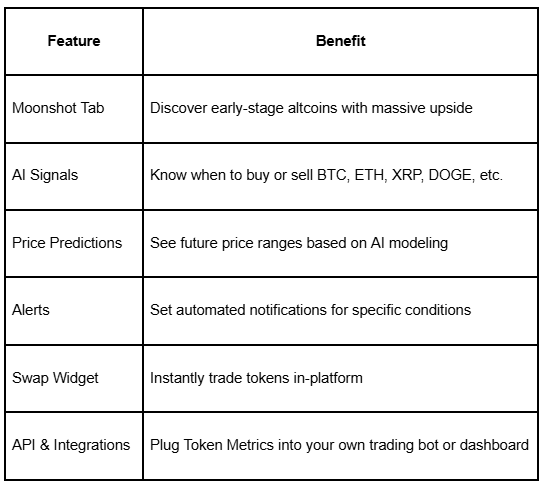




.svg)




.png)